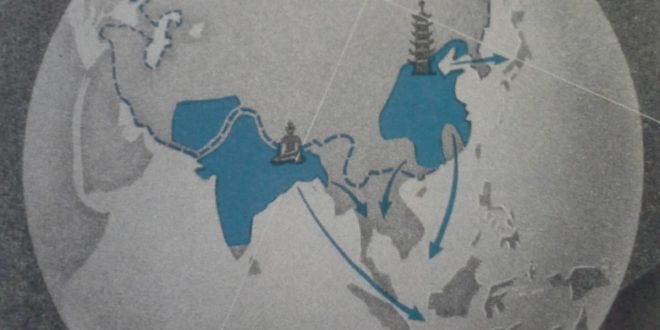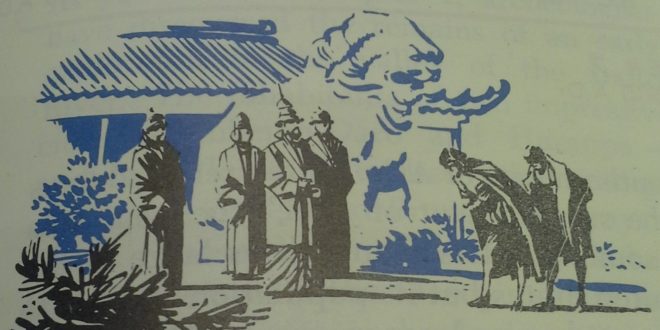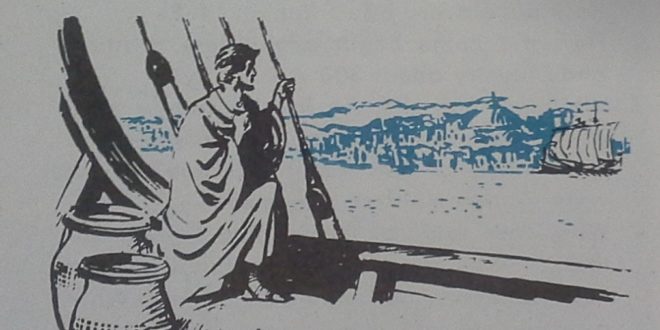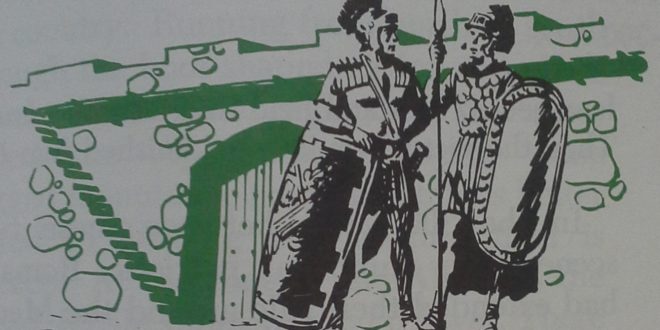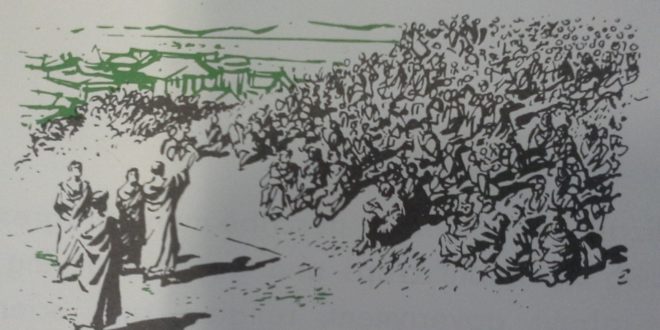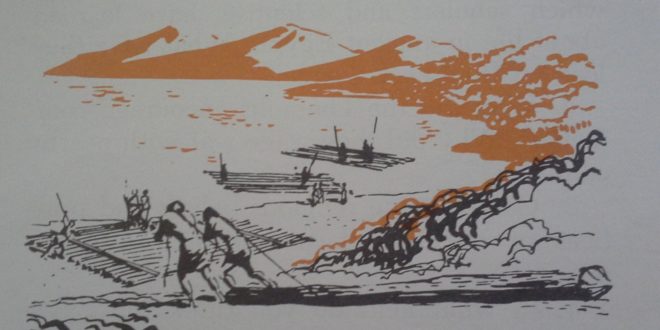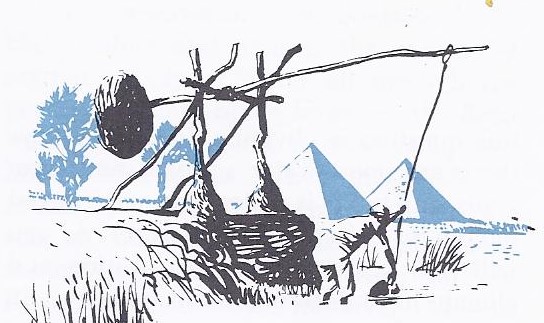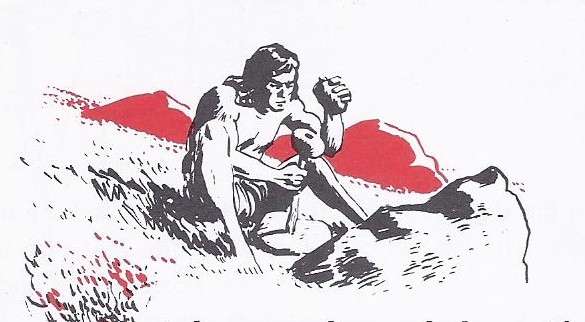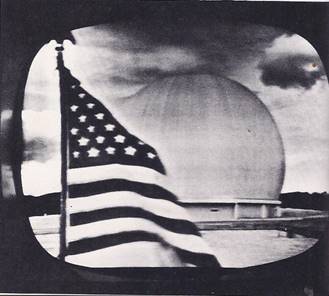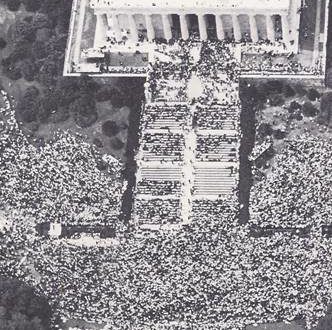In the same way that important ancient civilizations grew out of small beginnings in the valleys of the Nile, the Tigris-Euphrates and the Indus, so another great civilization of Early times — that of China — was cradled in the valley of the Yellow River. To be sure, China’s civilization did not commence as early as did Egypt’s, Mesopotamia’s, or India’s. The ancient Egyptian and the Mesopotamian kingdoms lost their power many centuries ago and early India never became completely united under one empire. China therefore has had a longer national life than any other ancient or modern state. It is the oldest of today’s nations. 1. How Did Early China Develop Under Various Ruling Families? China is dominated by three great rivers. China’s life, today as in olden times, centres in three river valleys. The great Hwang-Ho, Chinese for Yellow River, rises in the lofty mountains of Tibet. Winding its way slowly across the wide plain of North China, it flows into the Yellow Sea, so called because of the yellow soil the great river empties into it. Unlike Egypt or India, the North China plain has a climate like that of southern Canada, with warm summers and severe winters. The wind storms, disastrous dry spells and terrifying floods often bring destruction and misery to its inhabitants. Farther to the south is the valley of the Yangtze River. The Yangtze is one of the longest rivers in the world. In all, it flows nearly 4000 miles on its way to the sea. Still farther south is the Si, or West River. The climate of South China is warm and there is a heavier rainfall there than in North China. Many of China’s good ports are located along the southern coast. A Bronze Age civilization appeared first on the North …
Read More »